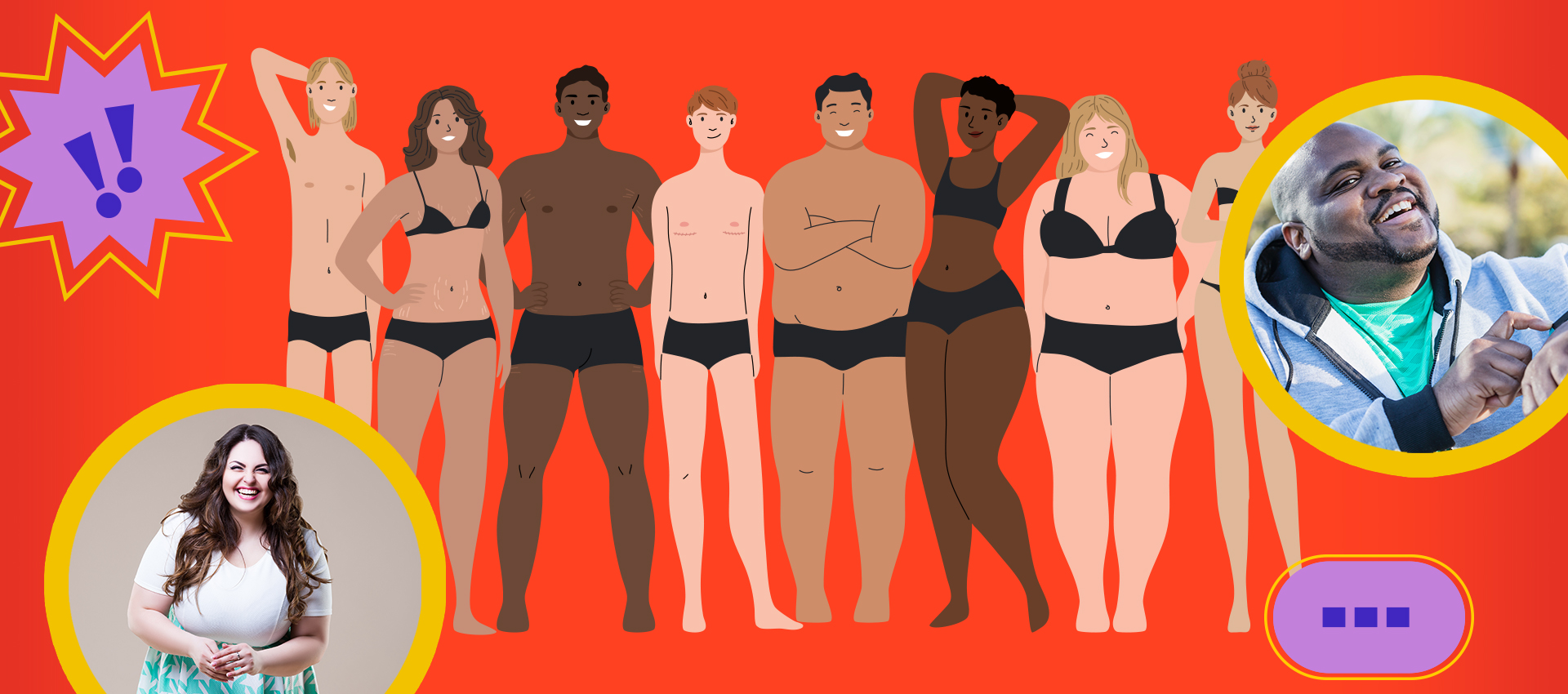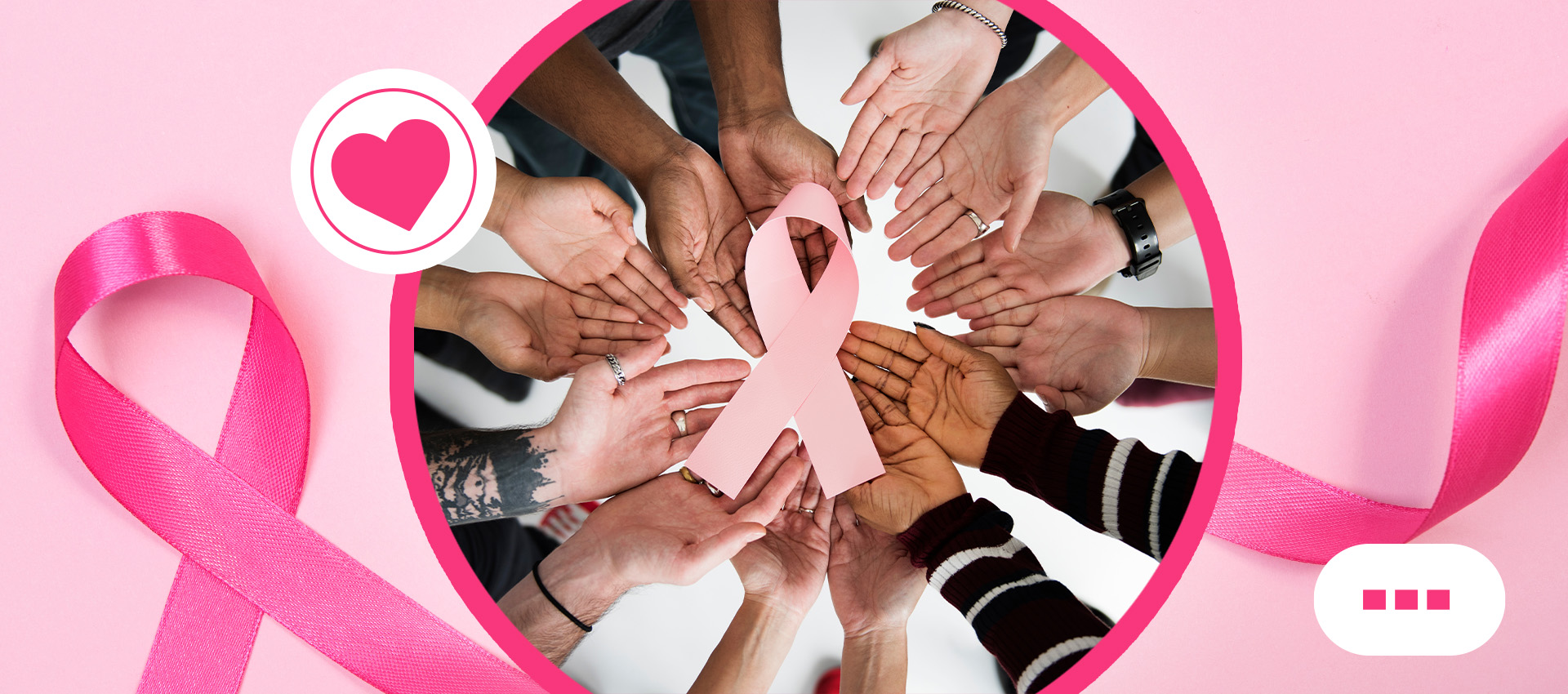Benefits:
Human milk is the optimal source of nutrition for newborns and infants because they are not able to digest water or other foods.
Additionally, this also helps to boost their immune system and creates opportunities to bond with the feeding parent.
Other benefits of breastfeeding include reduced postpartum bleeding as well as helping the uterus return to its original size.
What is Breastfeeding Stigma?
Despite being the primary form of feeding infants and newborns, the act of breastfeeding has been stigmatized for centuries.
From unsolicited comments and glaring looks from others to unsupportive employers who don’t provide private space for pumping milk – and even being restricted from entering certain locations while feeding, our society largely sees breastfeeding as something shameful.
What About Breast is Best?
The debate of breast milk versus formula fuels already high rates of guilt and shame around infant feeding.
The process of breastfeeding is physically demanding on the body, and newborns typically need to be fed multiple times throughout the day (and night), leaving new parents feeling overwhelmed and sleep deprived.
Breastfeeding is not something everyone wants to do or is even able to do. For those who are interested in breastfeeding, some barriers often prevent them from receiving the needed resources to support them through the process.
A more modern perspective promotes ‘fed is best,’ highlighting that the best method of feeding newborns and infants is the method that works best for the parent(s) and child. This approach uses the most up-to-date research, education and resources for practicing safe feeding, whether by (human) milk, formula or a combination of the two.
Additionally, by normalizing all forms of infant feeding, this perspective also works to eliminate shaming and stigma while prioritizing mental health during pregnancy and after childbirth.
Inclusive Infant Feeding
In acknowledging the diversity of the human experience, there is a push towards using LGBTQ+ inclusive language when discussing newborn and infant feeding.
Not everyone who lactates identifies as a woman or a mother, leaving intersex, trans and gender-diverse individuals feeling excluded from most infant feeding supports and resources.
Additionally, the gendered terms used can be extremely triggering and cause dysphoria, creating unnecessary harm to those looking for support with feeding their child.
More inclusive terms that can be used as an alternative to breastfeeding include chestfeeding, lactating and human milk feeding.
Inclusive terms for mother/father include parent, lactating parent and birthing parent.
Alternatives for breast milk that are more inclusive include human milk and parent’s milk. Not every person feels comfortable using the same terminology, so the most affirming thing you can do is ask parents what terms they use and use them!
Take control today to find a local health care provider that affirms and meets your needs. And if you are looking for breastfeeding support or education, contact your local WIC Lactation Counselor.



